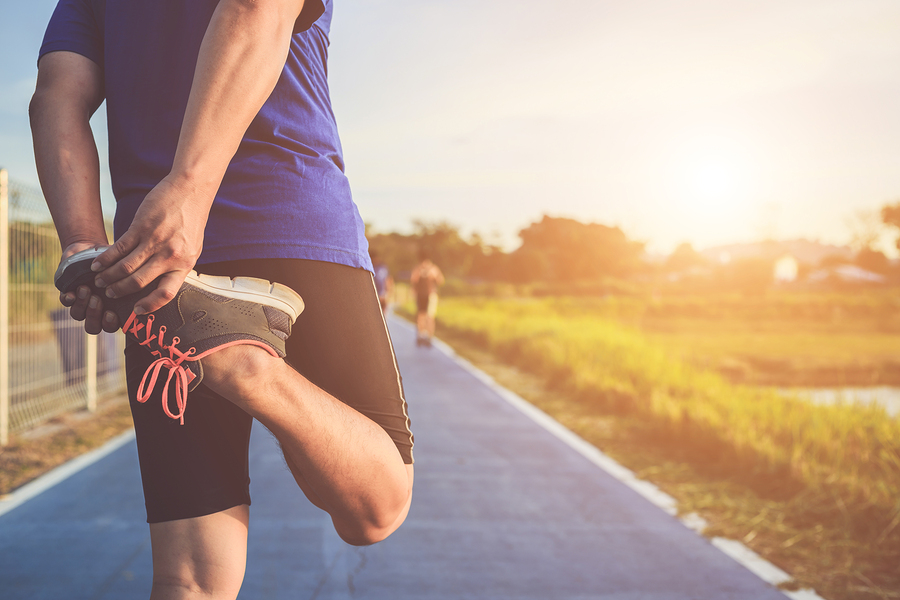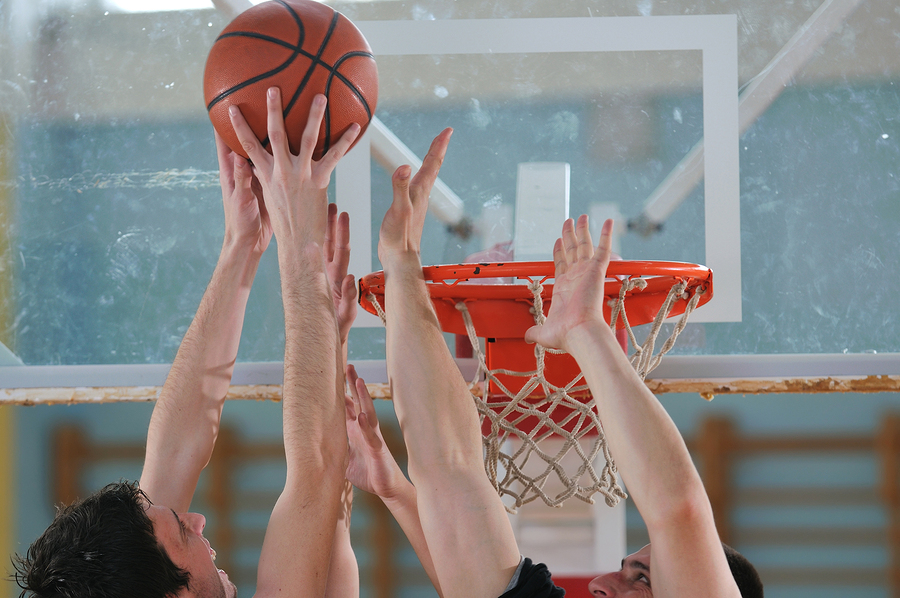Very few of us question it: of course warm-ups are important.
Whether you’re a professional athlete or a weekend warrior, you no doubt understand the importance of a good warm-up.
It’s one of those things that’s drilled into us from our very first training session, and even as far back as primary school-level PE.
But have you ever wondered about the why and the how? Our physiotherapist in Highett examines the importance of warming up before exercising or engaging in sport.
Warm-ups 101: how a good warm-up routine helps
Maybe you’ve turned up late
Perhaps you need to leave earlier.
Maybe you just can’t be bothered!
No matter the reason, it can be tempting to skip the mandatory warm-up before you start your workout.
After all, it’s just one day – surely, your muscles will be able to handle skipping out on a warm-up just this one time.
If you ask us, warm-ups should never be passed over. A good warm-up routine has very real benefits, and is essential if you want to limit your chances of encountering a sports injury.
1) Warm-ups protect you from sports injury
Most of us have a general understanding that warm-ups prep our muscles for the workout that’s about to follow – but do you know how the mechanics work?
A good warm-up routine should leave you feeling slightly flustered and a little warmer than usual.
Warm muscles are much more elastic – they’re more capable of contracting and relaxing, which reduces your chances of accidentally overstretching and causing injury.
2) Warm-ups can improve mechanical performance
Greater resistance to injury isn’t the only thing warm-ups can do for you – they can also enhance your performance.
Like we mentioned before, your muscles are more elastic and flexible following a good warm-up routine.
On top of insulating you against sports injuries, this also directly translates into improved:
- Flexibility
- Speed
- Strength
- Range of motion
… all of which directly impact your performance.
3) Warm-ups improve your blood flow
Your cardiovascular system supplies blood and oxygen on an as-needed basis.
As you’re sitting here reading this article nice and relaxed, only 20% of your blood is being supplied to your muscles.
In fact, many of the capillaries (the small vessels that directly supply tissue with blood) are closed for business while you’re at rest.
Needless to say, going straight from resting into exercise means that you’ll be starting with your muscles only receiving a fraction of the crucial blood flow they need to function.
Warm ups help prepare for exercise by increasing your blood flow and opening the capillaries.
This dramatically increases the supply of oxygen available to working muscles, as well as all the important “fuels” such as:
- Oxygen
- Glucose
- Proteins
4) Warm-ups get you pumped
… and we don’t just mean physically either – warm-ups also have plenty of psychological benefits too!
A crucial part of the warm-up process is getting into the right headspace to beat your PB or crush the competition.
Warm-ups clear the mind, increase focus and give you an opportunity to psych yourself up.
We’re not just speaking from personal experience either – the unanimous verdict is that among other things, exercise…
- Relieves stress and tension
- Promotes serotonin (the bran’s “happy” chemical)
- Improves concentration and focus
A warm-up also provides these benefits – just on a smaller scale.
Importantly, warm-ups get you “in the zone”.
Warm-up advice from an Highett physiotherapist
Just like competing in your favourite sport, there’s a right way and a wrong way to go about your warm-up routine.
When going through your warm-up, we recommend following the following guidelines…
1) Keep it short
Our recommendation is that your warm-up routine shouldn’t go for longer than 10 minutes – 15 at the most.
The reason we recommend this is because warming up for too long can actually overwork you before you even step up to starting block or weights bench!
2) Tailor it to your workout
While it’s best to go through a full-body warm-up, we recommend focusing on the muscle groups that your workout or sport engages.
For example, if you’re a runner, that means incorporating stretches that focus on your leg muscles, or opening with a brisk jog.
By contrast, warming up for a basketball game may involve a lot of agility exercises such as Z drills to prepare your body for the rapid changes in direction you’ll have to deal with.
3) Avoid static stretches
Now, let’s be clear: there’s a place for stretches.
However, far too many people do them completely wrong!
One mistake is to focus on static stretches. That means holding certain stretches, which can lead to pulls and tears and isn’t as effective at prepping your muscles.
Instead, we recommend dynamic,loaded, stretches. Continuously cycle through different stretches, and don’t hold any one position for more than a couple of seconds.
Physiotherapy for athletes: how it can help
Physio for athletes is about more than helping you overcome sports injuries – part of our job is to help you perform at your best.
We help attain that a number of ways – one of which is by helping you devise a more effective warm-up routine.
Using your physiotherapist’s in-depth knowledge of physiology and body mechanics, we help you optimise your warm-up routine for your unique sport and workout.
We’ll prescribe stretches, exercises and more that activate the muscles most commonly used in your favourite sport, preparing you for a hard workout.
In addition to warm-ups, your physiotherapist can also help by optimising your technique. At Physio AUS, we’ll take a good hard look at how you use your body and correct any potential problems.
Finally, we can condition the muscles most frequently engaged by your sport or workout, protecting you against future sporting injuries.
In short, we help you perform at your best!
Call a physiotherapist in Highett today!
Whether you need physiotherapy for sports injuries or simply need help overcoming an ache, a physiotherapist should be your first port of call.
At Physio AUS, our highly-skilled physiotherapists in Highett specialise in helping you overcome musculoskeletal pain. Using our unique AUS system, we help you turn pain-free into your default setting.
In addition to athletes and the more fitness-focused, we can also help:
- Office workers
- Tradies and labourers
- Those recovering from surgery
- New mothers
Get in touch with our Highett physiotherapy clinic today – call us on 1300 392 552, or click here to book online.

 1300 392 552
1300 392 552


Leave A Comment